The minimum educational requirement for this role is a high school diploma or equivalent, although most tree surgeons have at least a bachelor's degree in environmental science, forestry, arboriculture, or a field of study relevant to the job. Formal educational requirements for tree care professionals vary by company and position. As a general rule, the minimum requirement is a baccalaureate diploma or equivalent for those who want to advance in the trade. The Tree Care Industry Association, or TCIA, offers a number of training programs that can be delivered in-house by tree care companies, collectively known as the Tree Care Academy.
An arboreal surgeon is a qualified professional who would have completed Certificate II & III in Arboriculture. This course requires the candidate to undergo training for about 20 months, where they will learn all the skills needed to manage and care for trees in an urban environment. Tree surgeons (also known as arbolists or tree climbers) plant, cultivate, and maintain trees, shrubs, and hedges. In addition to using heavy machinery to climb, cut and prune trees, they are also responsible for conducting practical assessments to diagnose hazards, which ultimately helps in the conservation and protection of trees.
Whether they work in a city park or in a rural forest, the role of an arboreal surgeon is based on ensuring that trees are healthy, well-cared for, and can thrive in their environment. Because of the often hazardous aspects of the job, a high level of risk awareness and competence in the use of heavy machinery will help reduce the potential hazards involved. I love being outdoors and I've always wanted to find a job that allows me to work with nature. So after doing some gardening work and some DIY gardening in my own garden, which required a bit of practice (and some mistakes) to master it, I decided to have tree surgery.
For the most part, it's a lot of fun, but it requires a lot of courage, especially when faced with a particularly tall tree with questionable branch stability. But as long as I always keep safety in mind and take appropriate precautions, I can get the job done smoothly. In addition to the practicalities, you should also inspect trees before you can do any work on them, which is a vital part of their care and maintenance. There is no established qualification needed to become a tree surgeon, but work experience in a similar field of work will be beneficial (for example,.
If you lack hands-on experience, taking a course or doing volunteer work is a great way to get involved. Arboriculture I (Basic) - Endorsed Certification Course (TQUK - UK Training Qualifications) This course helps you develop skills and understanding in the diagnosis and treatment of tree disorders, whether the problem is caused by pests, diseases, nutritional and water problems, or something else. You'll also learn about standard tree surgery practice and essential pruning. Read more Applied Arboriculture Management - Advanced Diploma - (TQUK - Training Qualifications UK).
There is no established qualification needed to become an Arboreal Surgeon, but work experience in a similar field of work will be beneficial (e. Insurers are keenly aware of the hazards in this job and therefore do not compensate for damages that are the result of negligence or work with an untrained tree surgeon. Tree surgeons give you good advice and suggestions on how to treat diseased trees, which is often through surgery. If you have a tree at home that requires surgery or even pruning, you shouldn't try to do it yourself or hire an unqualified person who commits to doing the work at the “cheapest” price.
It's one of two things, they tried to cut a corner and they didn't tie up properly and they fell down, or the tree they're attached to fails and they fall. A practical work ethic, combined with in-depth knowledge of tree growth and development, is essential if you want to be a good tree surgeon. The Tree Care Industry Association offers a series of technical and safety-oriented certifications for candidates who complete their training programs and pass exams. The certified arborist will be able to make those difficult decisions and hire the tree surgeon to act when needed.
This course helps you develop skills and understanding in diagnosing and treating tree disorders, whether the problem is caused by pests, diseases, nutritional and water problems, or something else. One way of thinking about it is to equate the arborist with a general practitioner and the tree surgeon with a medical surgeon. More information on working with trees can be found through The Arboricultural Association and the Royal Forestry Society. Professional tree surgeons have liability insurance and, therefore, you will have no liability on your shoulders if a mishap occurs.
Finally, if the technique requires tree climbing, make sure the tree surgeon is qualified for climbing work. Tree trimmers living in colder climates can supplement their income by offering snow removal services in winter, when tree pruning is done less frequently. The International Arboricultural Society offers certifications and credentials that tree care professionals can obtain to demonstrate their skills and experience. .
.
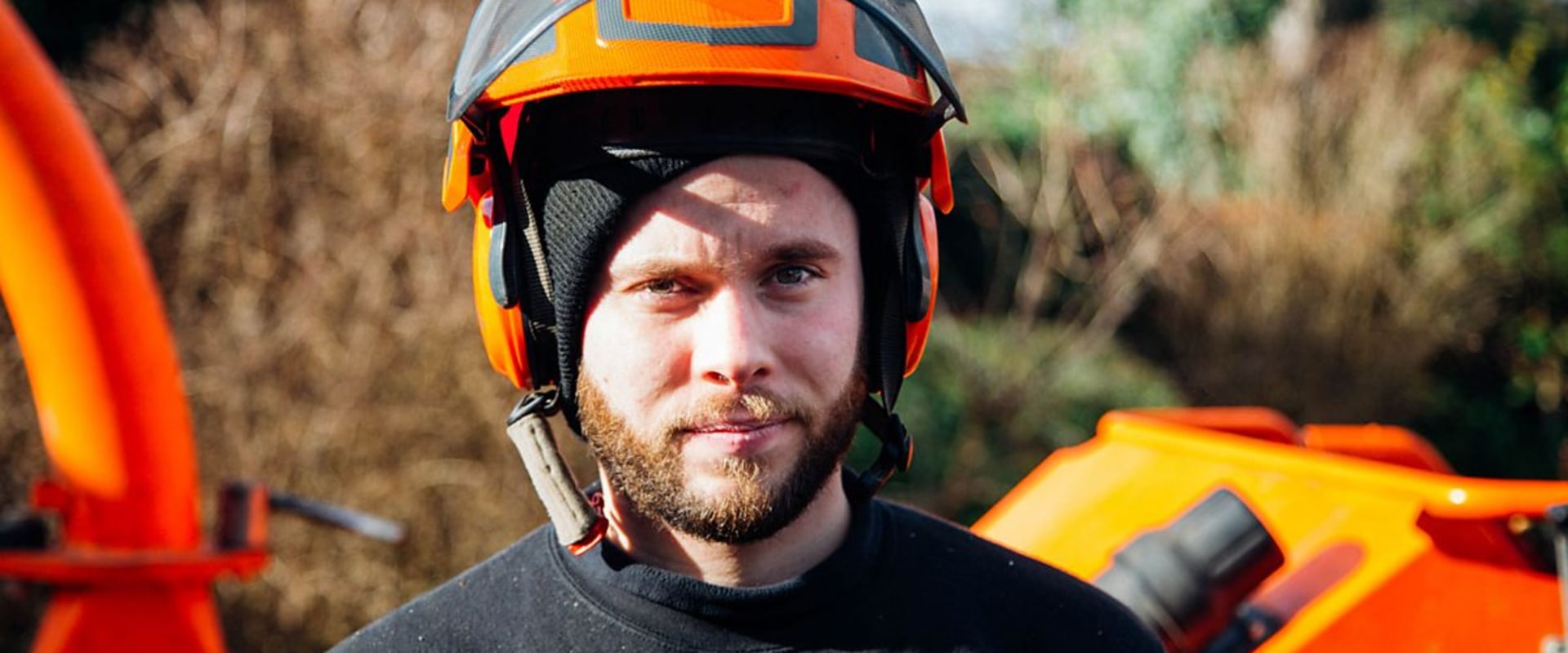
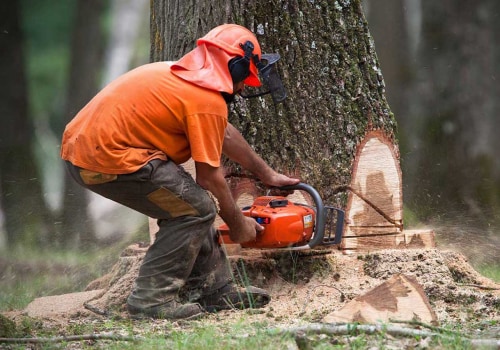

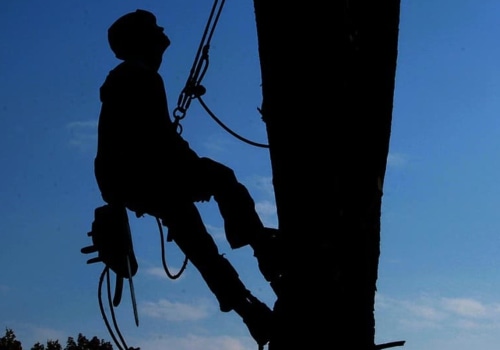
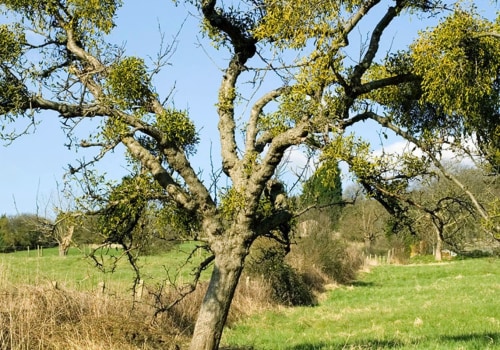


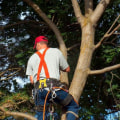
Leave Message